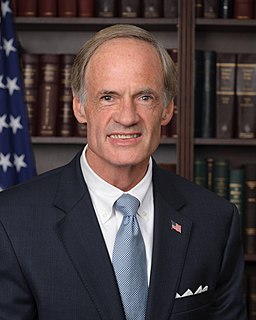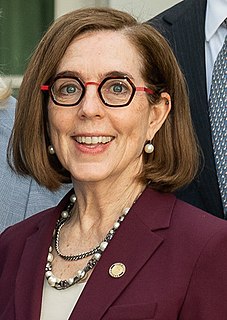A Quote by Barry Gardiner
Years of government inaction on air pollution has got people thinking that the state cannot even protect basic public goods like clean air.
Related Quotes
My guess is that while the elites would like cleaner air, they are not willing to give up the convenience of being able to use their cars at will to get it, perhaps because they believe (I suspect incorrectly) that they can protect themselves from the consequences of vehicular pollution by investing in air-conditioners and air purifiers.
In my home state of Delaware, we've done our homework and worked hard and, as a result, we've made great strides in cleaning up our own air pollution. Unfortunately, a number of the upwind states to the west of us have not made the same commitment to reducing harmful pollution by investing in cleaner air.

































